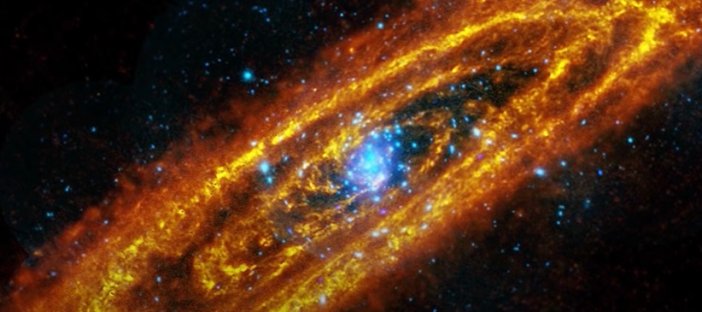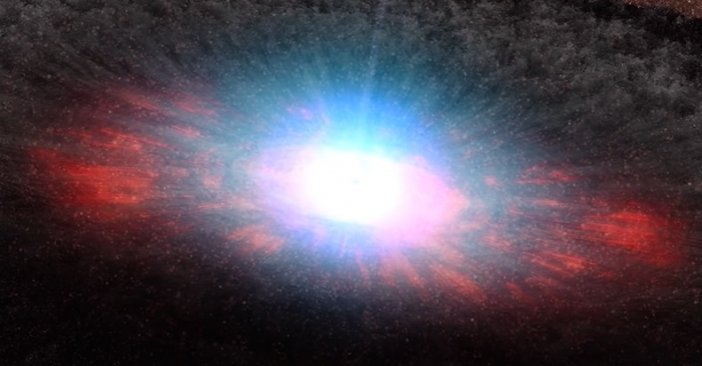
NASA's scary new black hole video! The TON 618 is a beast
The black hole video that NASA recently shared gives us an idea of the enormous sizes and masses of fascinating cosmic objects. Black hole TON 618 chooses food!
Even the smallest black hole in the universe is extraordinarily dense and large. If Earth were to fall into a black hole, it would be less than an inch in diameter. There are black holes in the universe much larger than our solar system and the giant Andromeda galaxy.
An animation was shared by NASA's Goddard Space Flight Center Conceptual Image Laboratory recently. The video gives us an idea of the colossal size and mass of these fascinating cosmic objects. We know that the greater the mass of an object, the stronger the gravitational force. But black holes are so large that even light cannot escape them.
This new animation from NASA highlights the 'super' in supermassive black holes:
"These monsters lurk at the center of many large galaxies, including our Milky Way, and have a mass between 100,000 and tens of billions of times more than our Sun."

The animation is just over 90 seconds long and shows 10 black holes in increasing size.
"Black holes are terrible at eating things. They are very picky eaters."
Some of this matter inevitably falls into the black hole and never returns. Most are blasted back into the cosmos because black holes are not efficient consumers of galactic material.
"Black holes are terrible at eating things," said Douglas Gobeille, an astrophysicist and black hole researcher at the University of Rhode Island. ''They are very picky eaters,” she says.

One of the first black holes in NASA video, Sagittarius A*, located at the center of our Milky Way galaxy, is about 4.3 million times the size of the Sun.
"Black holes are not evil, cruel or scary."
The video ends with TON 618, which has a mass of 60 billion times that of the Sun; Scientists call this giant black hole 'monster'.
Despite being extremely large and powerful, there is no reason to fear black holes, especially those in the distant galaxy.
"We tend to humanize these things," astrophysicist Misty Bentz said in a statement. But actually black holes are not evil, cruel or scary. They just… they,” she says.
Source: Marshable, Mark Kaufman







